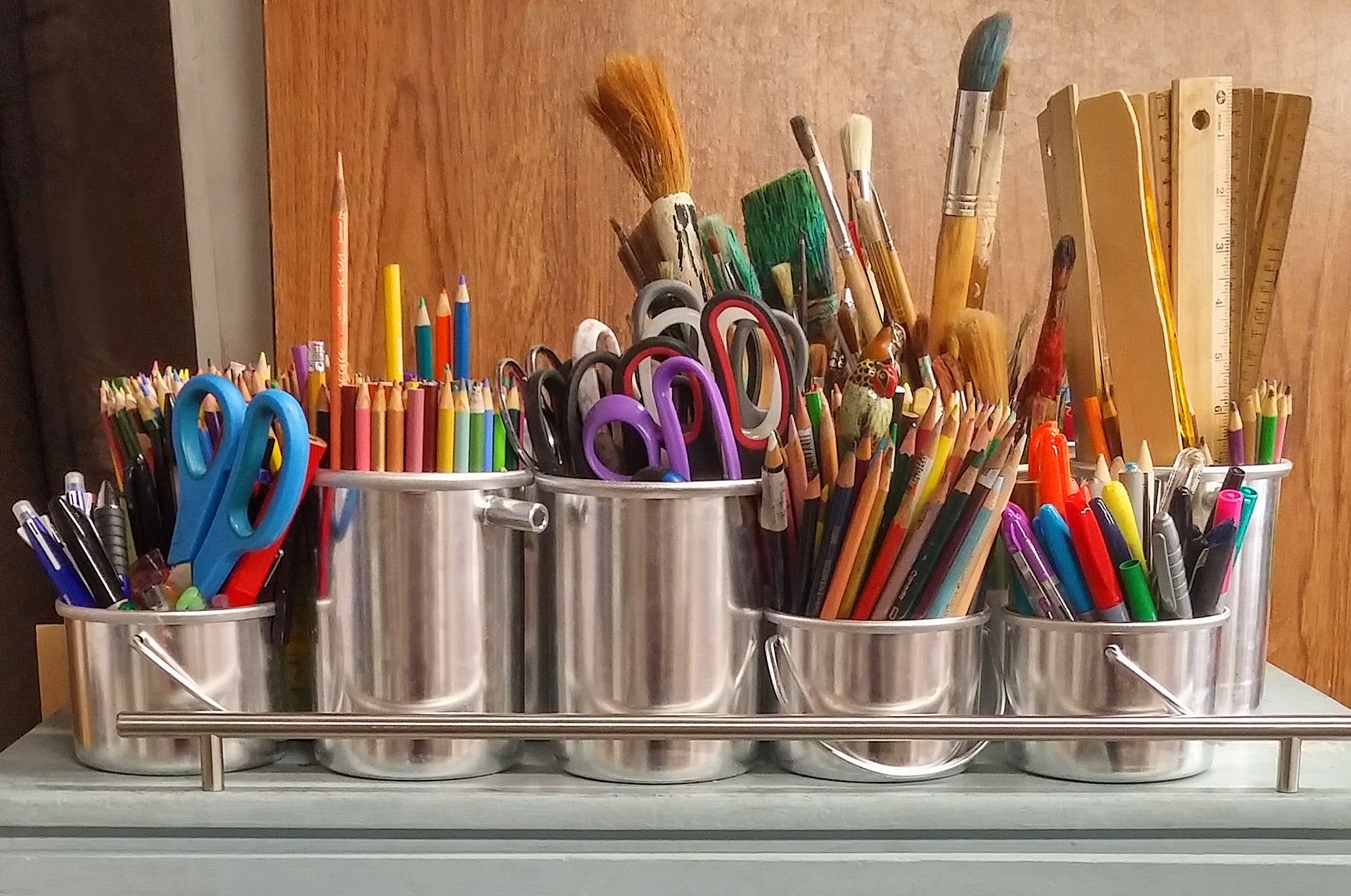
Is it possible that you have ignored your hobbies in your quest for a more balanced life? We are great at discovering new interests when we are children. We participate in sports, take dancing and music lessons, collect action figures, and spend our days learning a variety of skills ranging from foreign languages to woodworking. Nonetheless, somewhere along the road to adulthood, we stop attempting new things and devote less time to our non-professional hobbies. It is not too late to make a change. Make use of this guide to get inspired, pique your curiosity, and pursue your enthusiasm in the pursuit of a new pastime.
It is critical to distinguish between having a “interest” and having a “hobby” while considering which activity to pursue as a recreational activity.
Interests: Interests are often defined as a desire to learn more about a subject. It is possible to develop an interest as a result of innate curiosity, career aspirations, or family events. For example, if your children are involved in a sport, you may be interested in knowing more about those games in general. Alternatively, you may like reading books on behavior to assist you in achieving your work objectives. However, unlike hobbies, an interest involves just intellectual effort and does not necessitate physical effort.
Hobbies: A hobby is typically characterized as any fun leisure activity that we engage in voluntarily and consistently when we are not under the pressures of our jobs or other duties, such as reading, writing, or drawing. A hobby may be sparked by a particular interest, but it usually necessitates a greater level of dedication and involves taking action, such as acquiring a new skill or collecting, building, or making something of value to oneself. Hobbies are essentially the pursuit of a personal interest in a proactive manner.
What factors influence your decision on a hobby? Here are some suggestions for determining which pastime is most appropriate for you.
- What is that one thing you have always wanted to do but never got around to it? Finding a hobby can mean taking the first step toward actively pursuing that thing you have always wanted to try out for yourself.
- One of the first areas to go for inspiration when looking for a new pastime is to revisit the activities you enjoyed as a child. Consider the activities that brought you joy when you were a child. Perhaps you loved riding your bike? Now maybe it is time to expand on that, buy some womens dirt bike gear and get going on something a bit more powerful and fun!
- What do you like to do with your spare time? Create your own time-use survey to gain a better understanding of your interests. Do you spend a significant amount of time reading? Cooking? Do you enjoy spending time in nature? Do you like to go shopping for clothes? Are you a fan of vintage movies? Are you having fun with your dog? All of these activities have hints about what might make for good hobbies.
- Take a class or a lesson to learn more. If there is something that has aroused your curiosity in the past, consider into taking a class to learn more. It is possible to discover your passions through a culinary lesson, a computer-design class, a painting class or even dancing.

